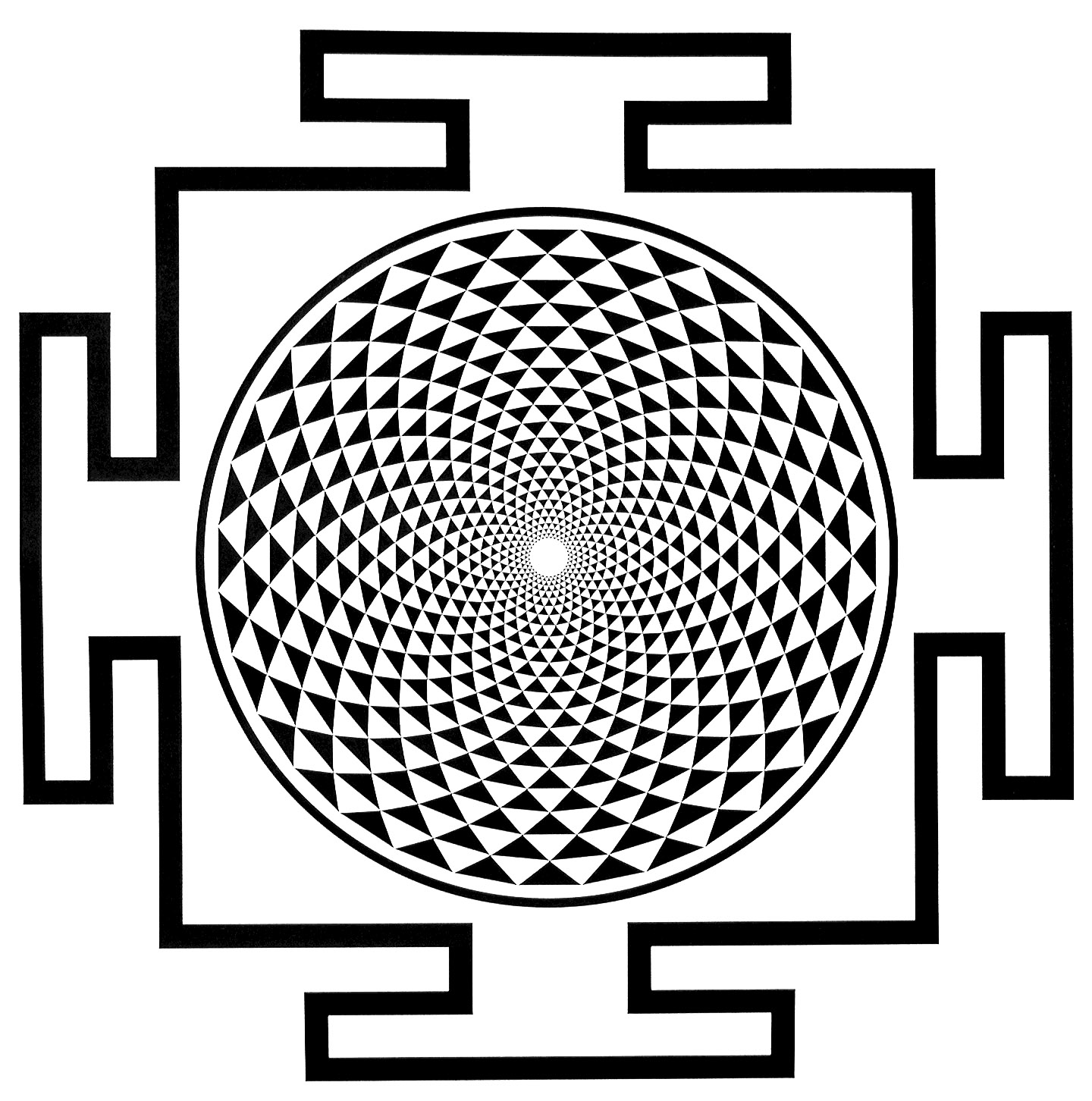“Satya” in Eastern Philosophy

The idea of a universal reality is common in Eastern philosophy, and Truth is the sum of the rules of the universe or the universal reality – “that which pervades the universe in all its constancy”.
In Indian philosophy, Satya (or Sathya) is a central concept that defines the “unchangeable, absolute truth” – “that which has no distortion”, “that which is beyond distinctions of time, space, and person”. Truth is the essence of the Vedas, Satya is the Absolute Truth “that is superior to silence”. The ‘bigger picture’ notion of truth implies a higher order, a higher principle or a higher knowledge. Satya is what one becomes aware of upon becoming a Bodhi (enlightened or awakened person).
According to the Yoga Sutras of Patanjali, “when one is firmly established in speaking truth, the fruits of action become subservient to him.” According to Paramahamsa Yogananda, “during samadhi meditation of the yogi, man abides in his true nature, the soul, and cognizes Absolute Truth (Paramarthika)”.
In Hinduism, Satya is defined as the “Absolute Truth that liberates”, “that has no distortion”, “the truth that always wins”. In connection to Sadhana, spiritual practice, the meaning of Satya is “the benevolent use of words and the mind for the welfare of others”, “the Truth which equals love”. A benevolent sage must be truthful.
In Buddhism, the term Satya is translated as “reality or truth” in terms of the Four Noble Truths. ‘The Four Noble Truths’ are the briefest synthesis of the entire teachings of Buddhism, since all those manifold doctrines of the threefold canon are included therein: the truth of suffering, the truth of the origin of suffering, the truth of the extinction of suffering, and the truth of the Eight Fold Path leading to the extinction of suffering (the eight supre-mundane mind factors).
Satya may also refer to Citsvaru’pa, the Supreme Consciousness, or Parama Purusha, the Supreme Being.
